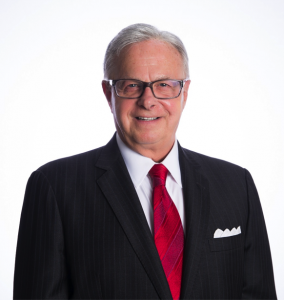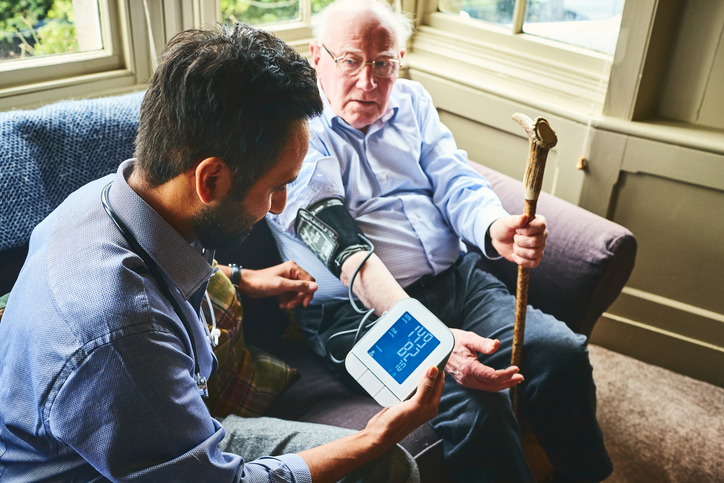The Policy Decisions That Impact Home Health Care
 As the Chief of Government Affairs for BAYADA Home Health Care, David Totaro’s role is to work with elected officials at the national, state, and local levels to influence policy decisions and positively impact the home health care industry. He has a unique perspective that he shares on the Help Choose Home podcast which can be accessed on iTunes, Google or other listening devices.
As the Chief of Government Affairs for BAYADA Home Health Care, David Totaro’s role is to work with elected officials at the national, state, and local levels to influence policy decisions and positively impact the home health care industry. He has a unique perspective that he shares on the Help Choose Home podcast which can be accessed on iTunes, Google or other listening devices.
Totaro explains that over the past several years, one of the biggest shifts within the industry is states giving insurance companies the responsibility of managing the care of older adults following a hospitalization. Totaro works to make sure these organizations follow the rules and regulations that are mandated by each state, which benefits older adults by establishing guidelines for quality care.
Another segment of the home health care industry that benefits from advocacy and policy changes is home health care staff. According to Totaro, Pennsylvania nurses who work in the home health industry recently received a pay increase of $3.50/hour — their first increase in eight years. The pay increase reduced the number of open shifts by more than 50% in six months. (Open shifts are shifts authorized by Medicare or Medicaid, but not filled because of a shortage of staff.) Having the ability to offer competitive wages for nurses who are already working in high paying industries like nursing homes and hospitals allows the home health industry to actively recruit nurses from a wider pool of talent.
According to Totaro, one of the biggest issues facing the home health care industry is supply and demand. With an ever-increasing population of older adults, there is a great need for qualified nurses and home health aides to help meet the needs of a population who wishes to age at home. To address this, BAYADA works closely with nursing schools, has implemented a mentor program, and recently recruited nurses from Puerto Rico for short-term work in Minnesota. These efforts, combined with competitive wages, are important steps in making sure older adults can remain at home.
Presumptive eligibility, or deemed eligibility, is another hurdle facing the home health care industry. In some states, when older adults are released from the hospital, reimbursement is approved for nursing home care or a rehab hospital, but not for care at home. According to Totaro, when the older adult prefers to have care at home, it can take between three and six months to have home care approved. This can leave the older adult without care, his or her family and friends pitching in to help out, and may create a financial burden if home care must be paid for out of pocket. Totaro and advocates like him work to affect policy change at the state and national levels so that home care is an option in all cases where appropriate.
Historically, Medicare and Medicaid have reimbursed for services rendered at nursing homes, rehab hospitals and similar institutions when older adults are discharged from a hospital and need continuing care. Totaro and advocates like him are working with policy makers and the insurance industry to increase the breadth of home health care options that can be covered, allowed, and reimbursed by Medicare and Medicaid, enabling seniors to remain at home.
Listen to the full interview with David Totaro in the Help Choose Home podcast series by searching for “Help Choose Home” on iTunes, Google, or on any device at https://player.fm/series/help-choose-home.
The Help Choose Home podcast series is a joint effort between the National Association for Home Care and Hospice (NAHC), Axxess, and corecubed. The vision is to provides information and resources to help those with a care need learn more about healthcare at home. Podcasts are hosted by Merrily Orsini, president and CEO of corecubed, a firm dedicated exclusively to home care marketing and specializing in targeted messaging and advertising to seniors.
Join us in the quest to educate your community to Help Choose Home! Share this podcast with others on your social media and follow us on LinkedIn and Facebook.

